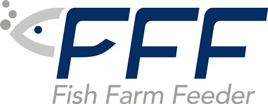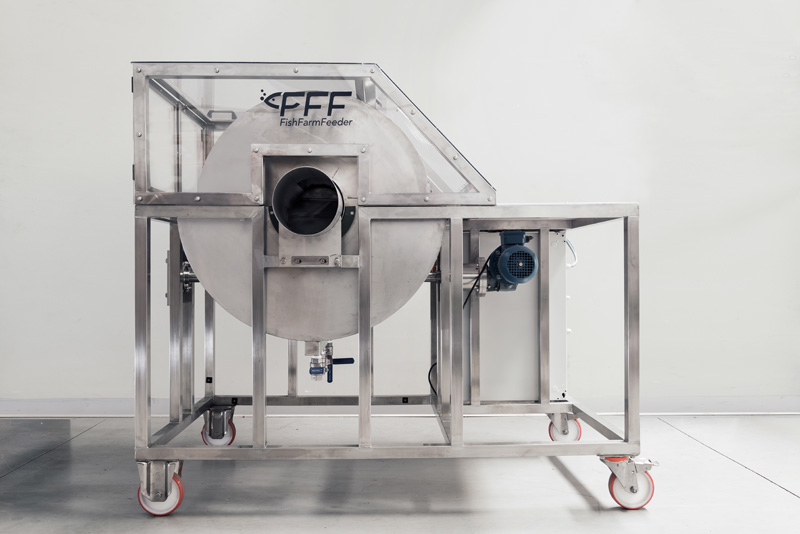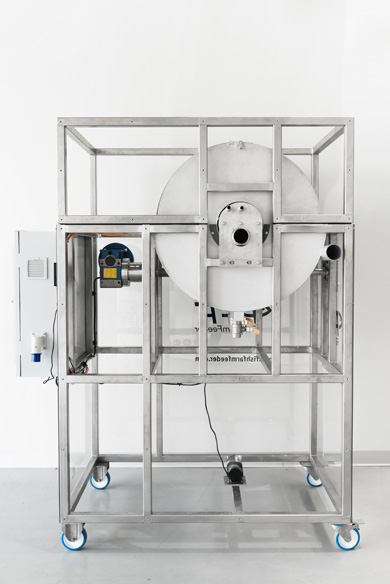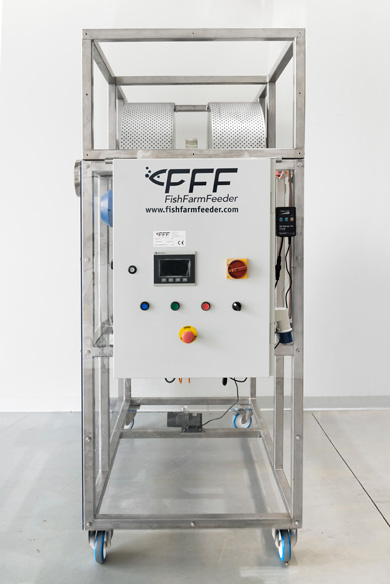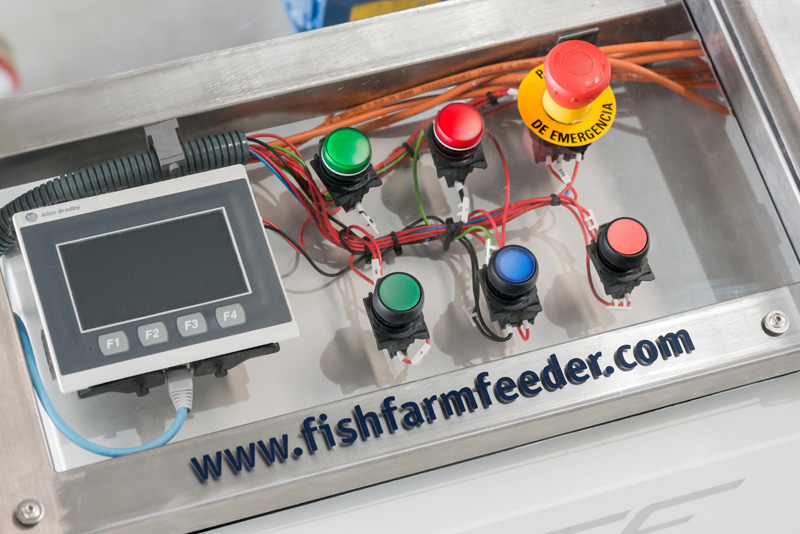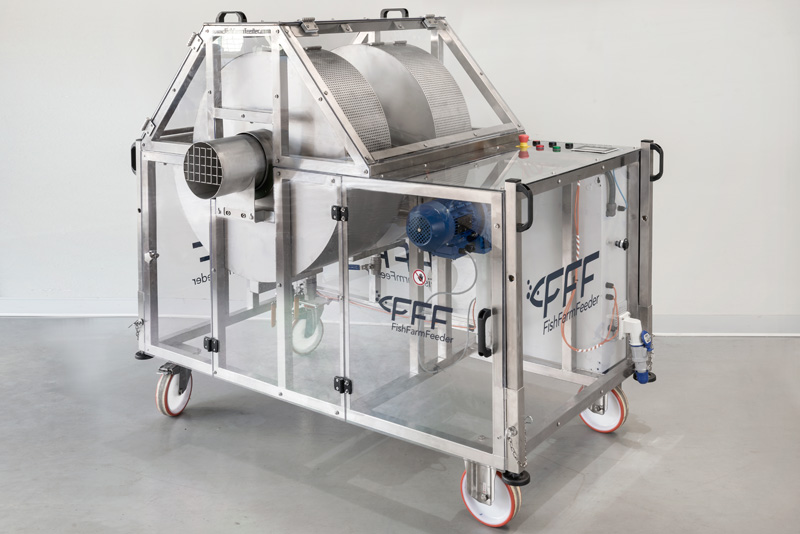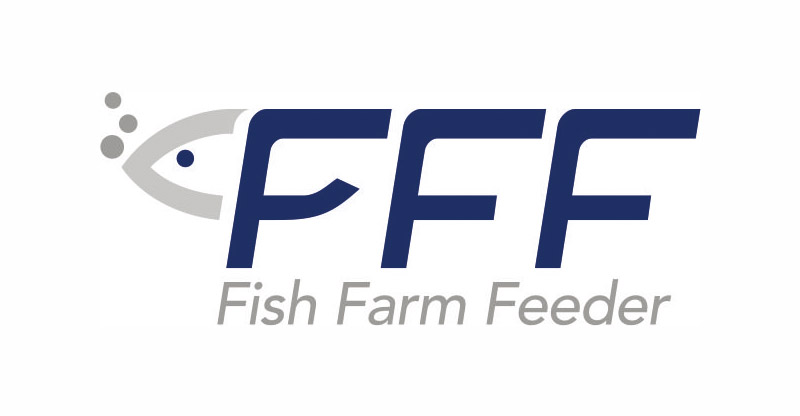Dip or immersion vaccination has become a widely spread method to induce protection against infectious disease of fish larvae, in particular for all fry sizes below the minimum required for correct vaccine injection (say below 10g).
It has the advantage against the oral route to deliver antigens homogeneously to all fish of the same batch if the process is well controlled, when the oral route may leave non-feeding fish away from the antigens.
Most fish hatcheries in the world have included a simple routine to vaccinate fish, sometimes before fish weight even reaches 0,5g/fish. The operation may have to be run twice before juveniles are delivered to on-growing farms.
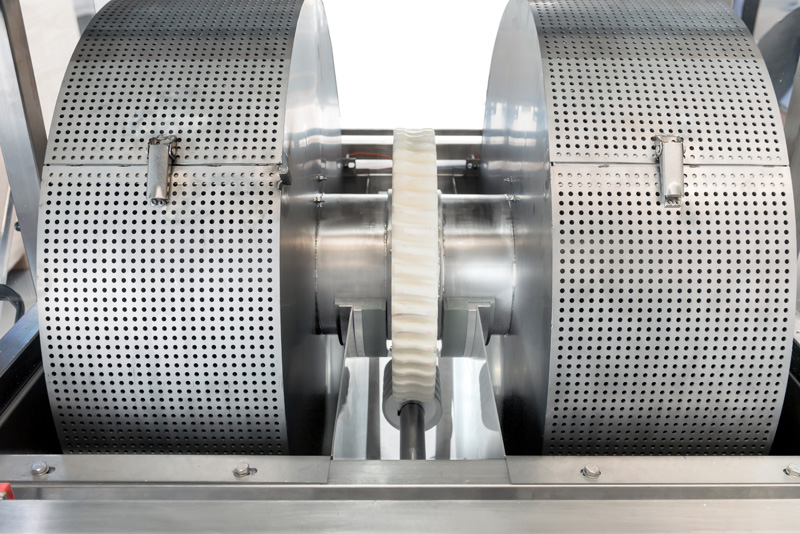
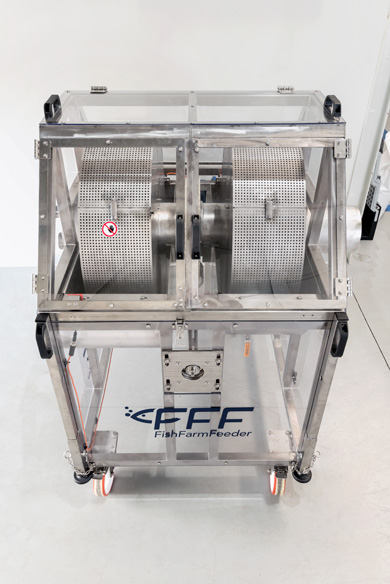
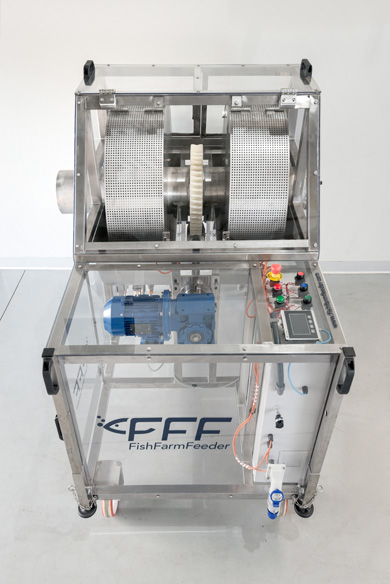
Traditional method of Fry vaccination in fish farms
Basically, a standard scoop net is used to catch a bunch of fish, dip them in an open bucket containing a few liters of water into which the vaccine has been diluted to the right concentration.
Fish veterinarian recommendations may vary but mostly consider a bath time of 30 to 60 seconds and the use of one liter vaccine bottle for every 100 Kg fish at a dilution rate of 1/10.
In this basic routine, most parameters are potential sources of vaccination failure:
- The dip duration at first, as it is related to the worker attention.
- The concentration ratio of fish to vaccine as scoop nets may not always contain the same biomass.
- The vaccine concentration into the bucket as draining water off the scoop net is not a perfect or standard process: dilution often comes quickly.
- The biomass per liter of vaccine is also rather difficult to standardize as it requires manual counting of scoop net operations.
As well, when the hatchery has reached an industrial size, it often goes to fish pumps to move fish and the disruption of the handling for scoop net dip vaccination becomes a hassle.
Fish Farm Feeder Immersion Vaccinator for hatcheries
Fish Farm Feeder has developed an industrial alternative with its VACCINATOR.
Fish are delivered to the machine preferably by fish pump. A dewatering compartment working on a standard draining time allows for fish to fall into the following compartment where 40 liters of vaccine solution stands. Fish are then dipped during an adjustable time (20 seconds up to 80 seconds) and automatically scooped out with an efficient draining stage leaving the vaccine solution in place.
KEY ADVANTAGES of automated fry vaccination in aquaculture
Using the VACCINATOR has helped our customers to reduce by a factor 4 to 5 the time spent in the operation in the fish farm. Only one aqua culturist is required to run the process, mostly to only control that it runs smoothly, when the traditional team to run a dip vaccination in a hatchery often leads to 3 – 4 people.
- The machine allows the dip time to be adapted to any situation and makes it reliable and stable.
- The compromise DOSE*TIME is under much better control than in a manual process.
- The machine offers the guarantee that all and every fish be vaccinated with a strong reduction in the mechanical stress along the process. We see far less scaling or other damages when scoop nets are not in use anymore.
- The volume of the vaccination solution is also providing a buffer effect against temperature or oxygen shocks during the process. Oxygen can be tuned easily to remain within optimal limits.
As other components of hatcheries automation, like fish pumps or graders, the VACCINATOR by Fish Farm Feeder provides a continuous smooth process and breaks through a usual bottle neck in hatcheries management.
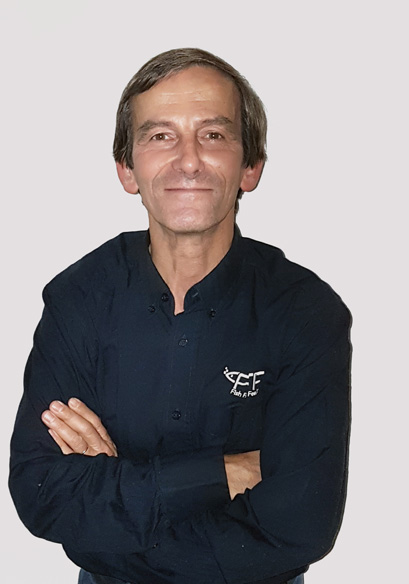
Didier Leclercq, Aquaculture Expert with over 35 years of experience and partner of FishFarmFeeder, adds: “Once incorporated in the hatchery tool box, it will be for life. Hatchery manager will soon discover as well the capability of the same machine to run a continuous anesthetic process, why not in view of quality grading against deformities?” FishFarmFeeder is already working on it.
